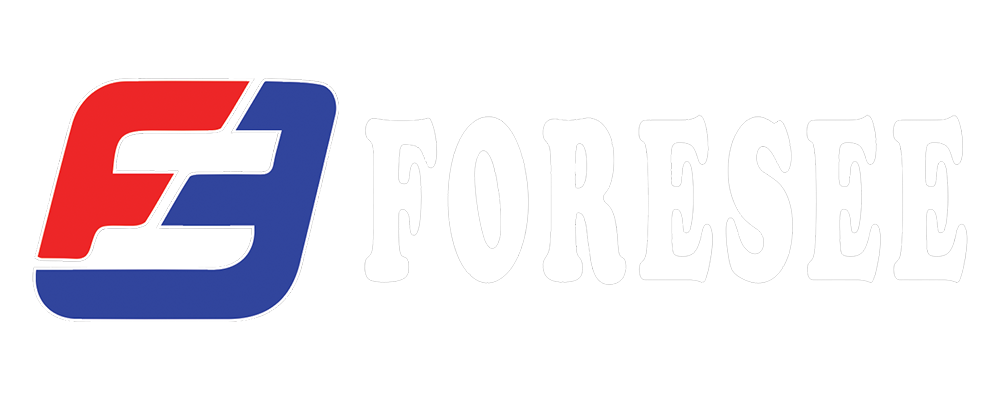E71T-GS and E71T-11 are both flux-cored, self-shielding welding wires, but they differ in specific characteristics and applications. Here’s a comparison of the two:
1. Shielding Gas Requirement
- Both E71T-GS and E71T-11 are self-shielding, meaning they do not require an external shielding gas. This makes them convenient for outdoor applications or locations where shielding gas would be difficult to use.
2. Penetration and Deposition Rate
- E71T-GS: Typically offers shallower penetration and is often used for thin-gauge materials, like sheet metal. It's designed for single-pass welding and not suited for heavy-duty or thicker materials.
- E71T-11: Provides deeper penetration and a slightly higher deposition rate than E71T-GS, making it more versatile for general fabrication work and medium-thickness materials.
3. Applications
- E71T-GS: Primarily used for light-duty work, such as automotive repairs, home projects, or hobbyist welding. Its focus on thin materials makes it popular in these fields. It's ideal for beginners or less demanding jobs.
- E71T-11: Commonly used in outdoor construction, general repair, and maintenance work. It's versatile and suitable for multi-pass welding on thicker materials, making it more applicable to structural work.
4. Weld Appearance and Quality
- E71T-GS: Known for producing more spatter and requiring more post-weld cleaning, though this is acceptable for light-duty tasks. The weld finish may be rougher, but it can work well on small projects where appearance is less critical.
- E71T-11: Offers better overall weld quality, with less spatter and a cleaner finish. It provides more consistent results for structural and medium-thickness materials and requires less cleanup compared to E71T-GS.
5. Position
- Both E71T-GS and E71T-11 are rated for all-position welding, making them suitable for overhead, vertical, and flat welding. However, E71T-11 may provide better control in all positions due to its slightly better penetration and deposition rate.
6. Weld Strength
- E71T-11: Generally has a higher tensile strength compared to E71T-GS, making it better suited for applications requiring stronger, more durable welds.
- E71T-GS: Suitable for applications where high strength isn't a critical factor.
Summary:
- E71T-GS: Best for light-duty, single-pass work on thin materials like sheet metal. It's a good choice for beginners or small home projects but is not designed for thicker or structural applications.
- E71T-11: More versatile and durable, capable of handling thicker materials and multiple passes, making it better suited for general repair and construction work.
The choice depends on the material thickness and the strength requirements of the application.

Recent post